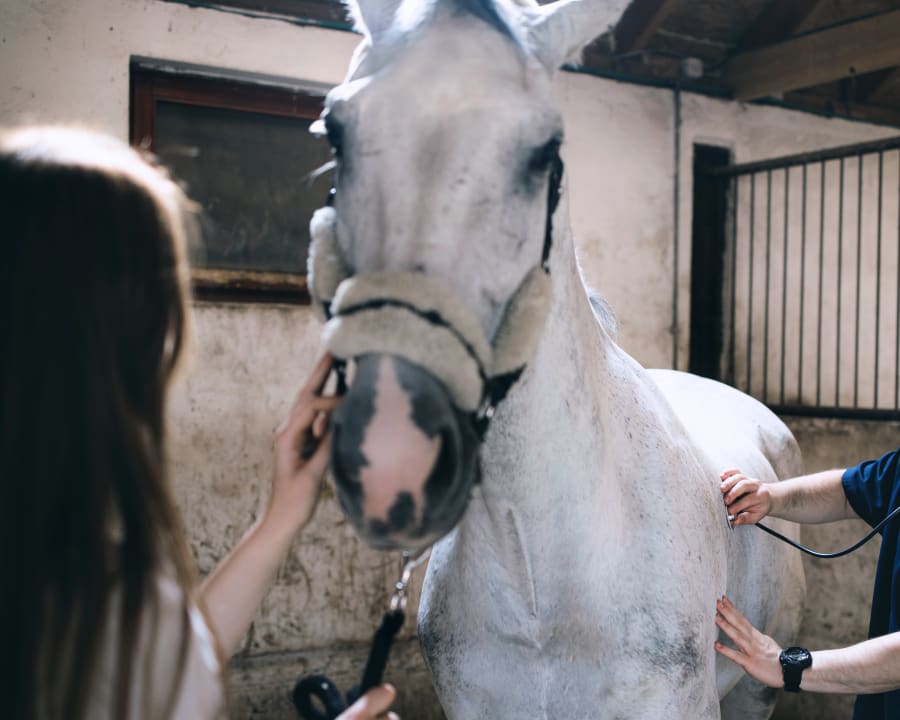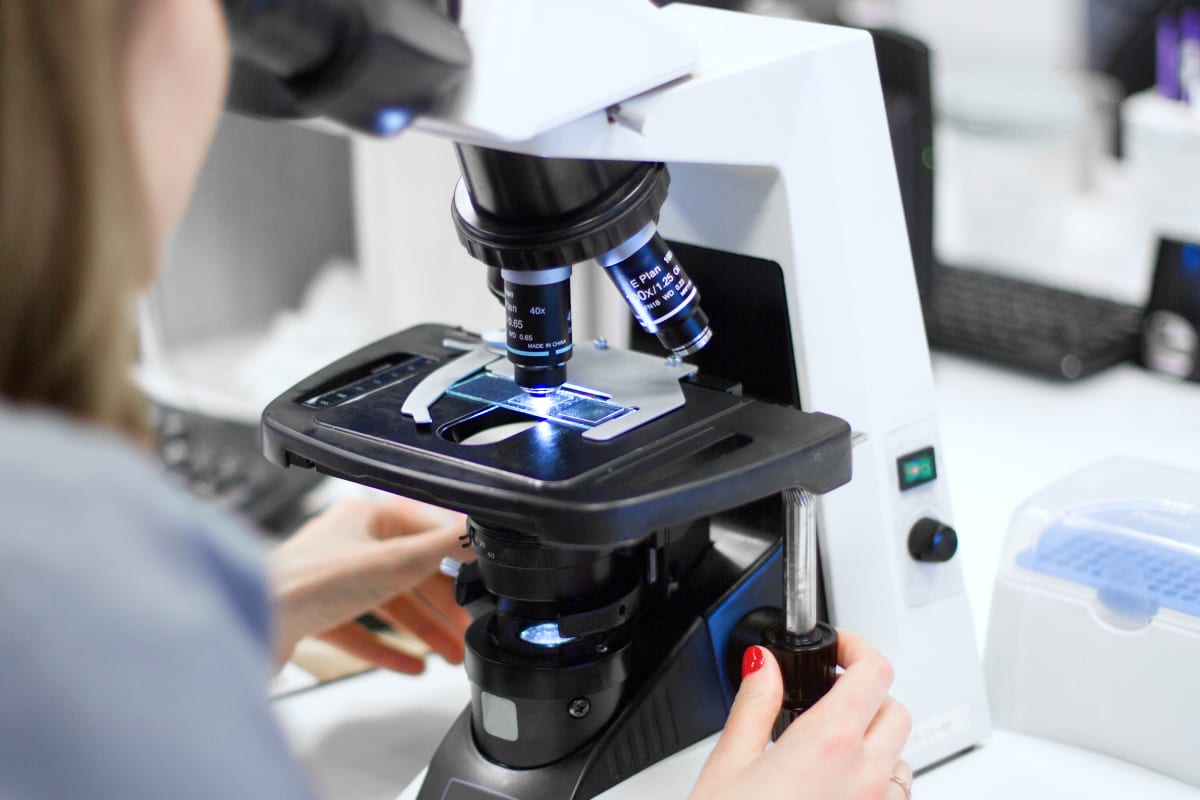Equine Diagnostic Lab
We perform bloodwork, urinalysis, fecal egg counts, and more to make sure your equine partner is in good health. These tests also allow us to check for diseases and parasites before they become a problem for your whole herd.
At Sound Equine Veterinary Hospital, we understand how delicate your horse's internal system can be which is why we believe that laboratory testing is an important part of your horse's routine veterinary care.
These in-house testing capabilities are especially important in emergencies and managing critical patients.

Portable Lab Equipment Available in the Field
Serum Amyloid A, Lactate, Glucose, Blood Gas, IgG

In-house Lab Tests
With our in-house veterinary diagnostics lab, we are pleased to offer advanced diagnostic testing to allow our vets to provide a diagnosis of your horse's medical issues.
- Cytology
Cytology, which is the study of cells, involves the collection and examination of cells and fluid from organs, tissues, and body cavities.
Veterinarians can collect fluid and cells from difficult-to-reach tissues like the respiratory tract, the guttural pouch, and the reproductive tract.
Laboratory examination helps characterize the cell types and evaluate the fluid present to determine health or disease status.
- Bloodwork
At our in-house lab, we can run several common and specialized blood tests to determine the health of your horse and to diagnose illness.
Some of the most common veterinary blood tests we do are CBC (complete blood count), blood serum profiles, fibrinogen, and lactate.
- Urinalysis
Urinalysis evaluates the contents of your horse’s urine to help assess their kidney function, bladder health, and hydration status. Dipstick urinalysis, urine specific gravity, and chemistry analytes are available.
- Fecal Egg Count
We have a state of the art automated fecal egg count machine capable
of both counting and differentiating between different types of parasite
eggs.Parasites can make horses uncomfortable, and irritable, and lead to more serious conditions.
Routine fecal tests help our veterinarians advise the best deworming protocol for your horses. See our client resources for guidelines.

